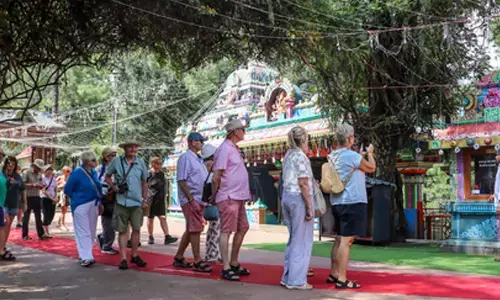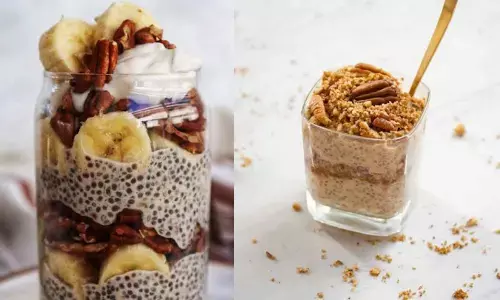Your genes may determine happiness in marital life

Being happy or sad in your marriage could be determined by your genes, says a study People fall in love for many reasons similar interests, physical attraction and shared values among them
Being happy or sad in your marriage could be determined by your genes, says a study. People fall in love for many reasons -- similar interests, physical attraction and shared values among them.
But the study showed that if they marry and stay together, their long-term happiness may depend on their individual genes or those of their spouse's, that affects oxytocin, a hormone that plays a role in social bonding.
"This study shows that how we feel in our close relationships is influenced by more than just our shared experiences with our partners over time," said lead author Joan Monin, Associate Professor at the Yale School of Public Health.
"In marriage, people are also influenced by their own and their partner's genetic predispositions," Monin added.
For the study, the researchers studied 178 married couples aged between 37 to 90 years.
Each participant completed a survey about their feelings of marital security and satisfaction, and also provided a saliva sample for genotyping.
The findings, published in the journal PLOS ONE, revealed that when at least one partner had a genetic variation known as the GG genotype within the oxytocin gene receptor, the couple reported significantly greater marital satisfaction and feelings of security within their marriage.
Such couples had greater satisfaction compared with other couples who had different genotypes.
In addition, people with the GG genotype reported less anxious attachment in their marriage, which also benefited their relationship, the results showed.
Anxious attachment is a type of relationship insecurity that develops from past experiences with close family members and partners over the life course, and is associated with diminished self-worth, high rejection sensitivity, and approval-seeking behaviour, Monin said.














